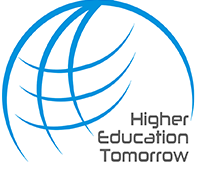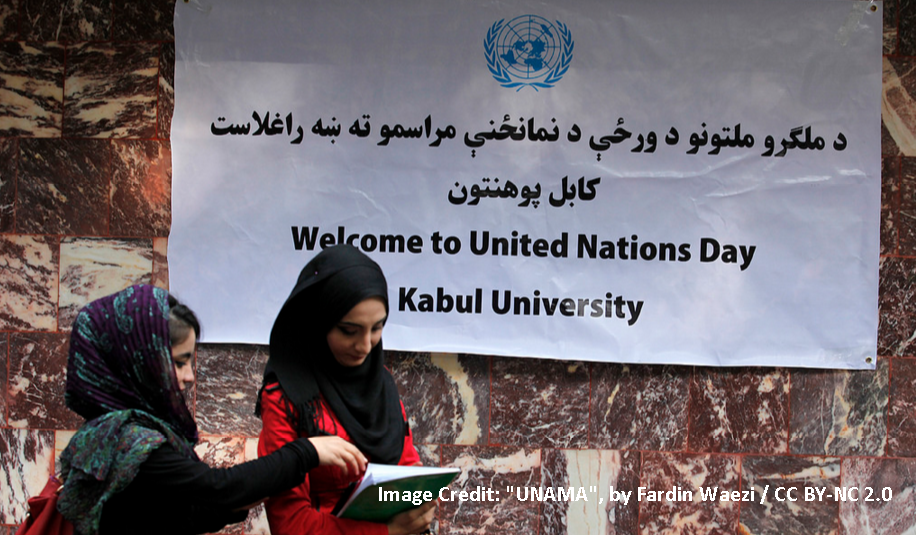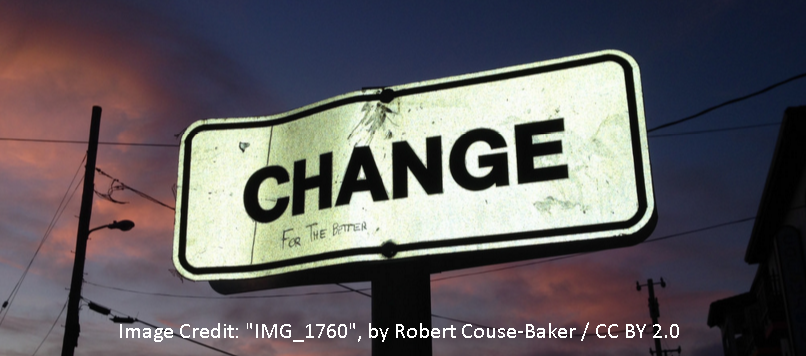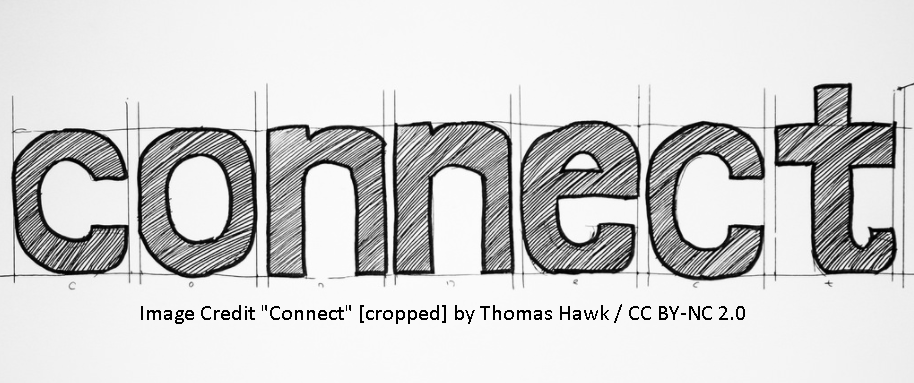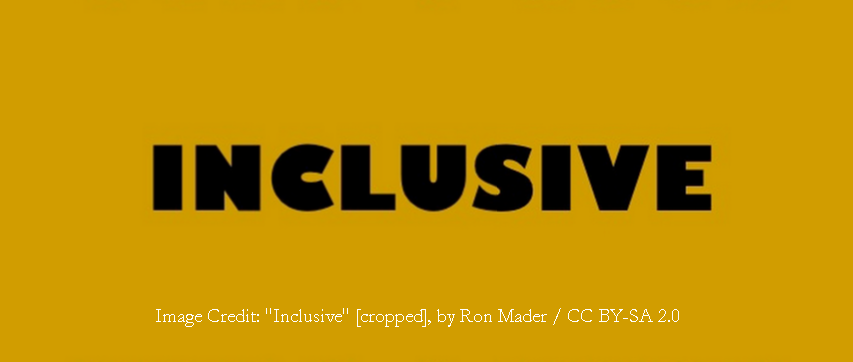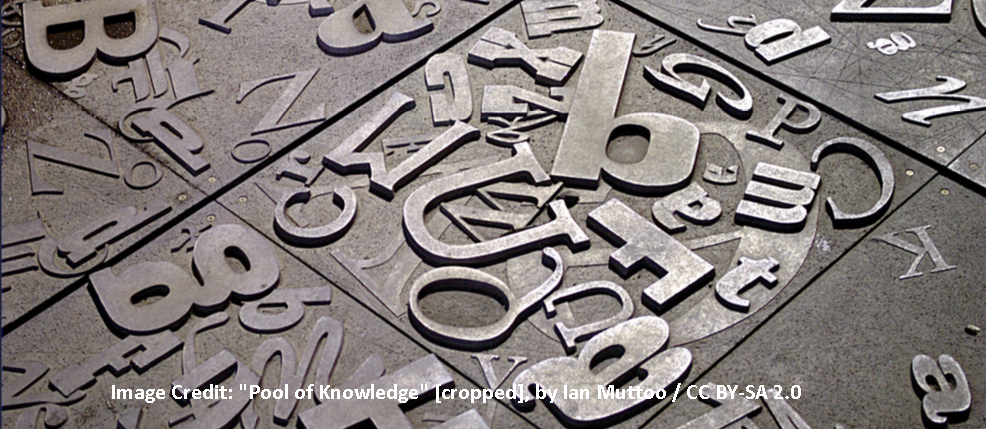Afghan students face integrational issues in universities
Afghan students face integrational issues in universities Enakshi Sengupta American University of Kurdistan, Kurdistan, Northern Iraq “We carry our bag full of books and they think we have bombs with us”. “If we wear a hijab (head scarf) they think we are different from them and will not understand their jokes.” “Why do I have to take the initiative of befriending them, why do I need to be nice to them or smile at them?”(Student A, from the Qualitative study). Afghanistan’s nation-wide literacy rate has seen a country wide growth since the year 2008. The youth literacy rates has increased by more than 16% and at present more than 8 million students are enrolled in schools, including more than 2.5 million girls. In 2013, one million Afghan learners are enrolled in schools with the assistance received from USAID. (http://www.usaid.gov/afghanistan/education). With the world opening its doors to Afghan students it is [...]

